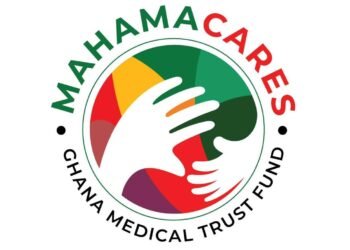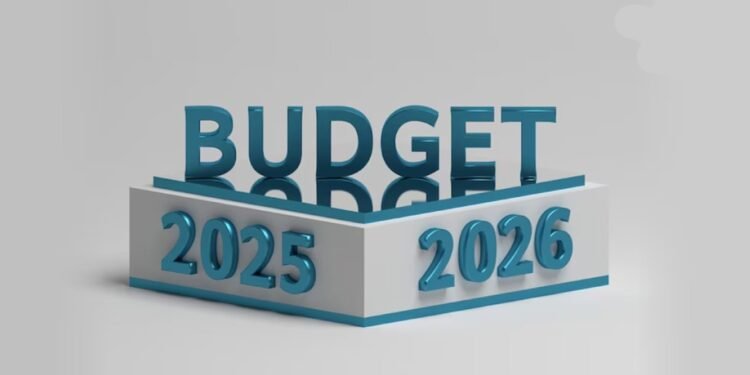The Minister for Roads and Highways, Francis Asenso-Boakye, has advocated for the reintroduction of road tolls in Ghana. This decision is part of the fiscal policy measures presented by the former Finance Minister, Ken Ofori-Atta to Parliament.
The reintroduction of road tolls on selected public roads and highways is aimed at leveraging technology to address the inefficiencies associated with the previous toll collection system.
“At our ministry, we have started the process by engaging the various stakeholders to get their buy-in to make sure that we bring the tolls back.”
Francis Asenso-Boakye
During an assessment tour of the Accra-Kumasi Highway, the sector minister underscored the need for prompt attention to the Eastern Corridor roads, citing parts of their deteriorating condition.
According to the Minister for Roads and Highways, Francis Asenso-Boakye, most developed countries finance their roads using money from road tolls. The sector minister emphasized that “there is no serious country that does not toll its roads,” and thus called for the restoration of the road toll.
Asenso-Boakye highlighted the importance of maintaining and expanding the country’s road network to facilitate economic growth and improve transportation efficiency.
He emphasized that the revenue from tolls would be earmarked for infrastructure development, including road repairs, expansion projects, and the construction of new highways.
The Ministry of Roads and Highways initially abolished the collection of road tolls on all public roads and bridges in November 2021, aiming to improve productivity and reduce vehicular traffic, and environmental pollution.
The decision was based on the observation that tolling points had become unhealthy market centers, which lengthened travel time and negatively impacted productivity.
However, in July 2023, the Minister of Finance announced the reintroduction of road tolls to recoup expenditures for roads and highways, with the majority of these expenditures being built through Public-Private Partnerships.
The reintroduction of road tolls in Ghana has sparked a significant debate among various stakeholders, with concerns primarily focused on the financial burden on motorists and the broader implications for the public transport system and road infrastructure.
The Ghana Private Road Transport Union (GPRTU) has expressed its concerns about the reintroduction of road tolls, arguing that it could impose a significant financial burden on drivers.
The union stressed the need for engagement and consensus building ahead of the implementation, emphasizing that the abolishment of tolls had not only reduced vehicular traffic on highways but also enhanced the public transport system.
The reintroduction of road tolls, according to the GPRTU, would not only burden drivers but also create inconveniences for road users.
However, the minister assured the public that measures would be implemented to ensure transparency and accountability in the utilization of toll revenues.
Tolls Must Benefit Ghanaians
To ensure that the reintroduction of road tolls is fair and beneficial for the wider community in Ghana, the government must maintain transparency and accountability in how the revenue from road tolls is used. This includes providing clear information on where the funds are being directed and ensuring that the money is used for road projects that benefit the country as a whole. The government should be open about the allocation of funds and the progress of road projects financed by these tolls.
Additionally, policymakers should engage with various stakeholders, including the Ghana Private Road Transport Union (GPRTU), to understand their concerns and expectations. This engagement could lead to mutual agreements on how tolls will be implemented and how the revenue will be used, ensuring that the interests of all parties are considered.
Also, a gradual increase in toll rates, as proposed by the government, can help manage the financial burden on motorists. This approach will allow for a period of adjustment and can help mitigate the immediate impact on road users. It also provides an opportunity for policymakers to assess the effectiveness of the reintroduction and make necessary adjustments.
To improve efficiency and fairness, the government could consider digitizing road tolls. This could reduce the administrative burden on road users and make the process of paying tolls more convenient. Digitalization could also facilitate the collection of tolls, making it easier for the government to monitor and manage the revenue generated.
READ ALSO: Ghana Mourns the Loss of its Deputy Minister for Finance























